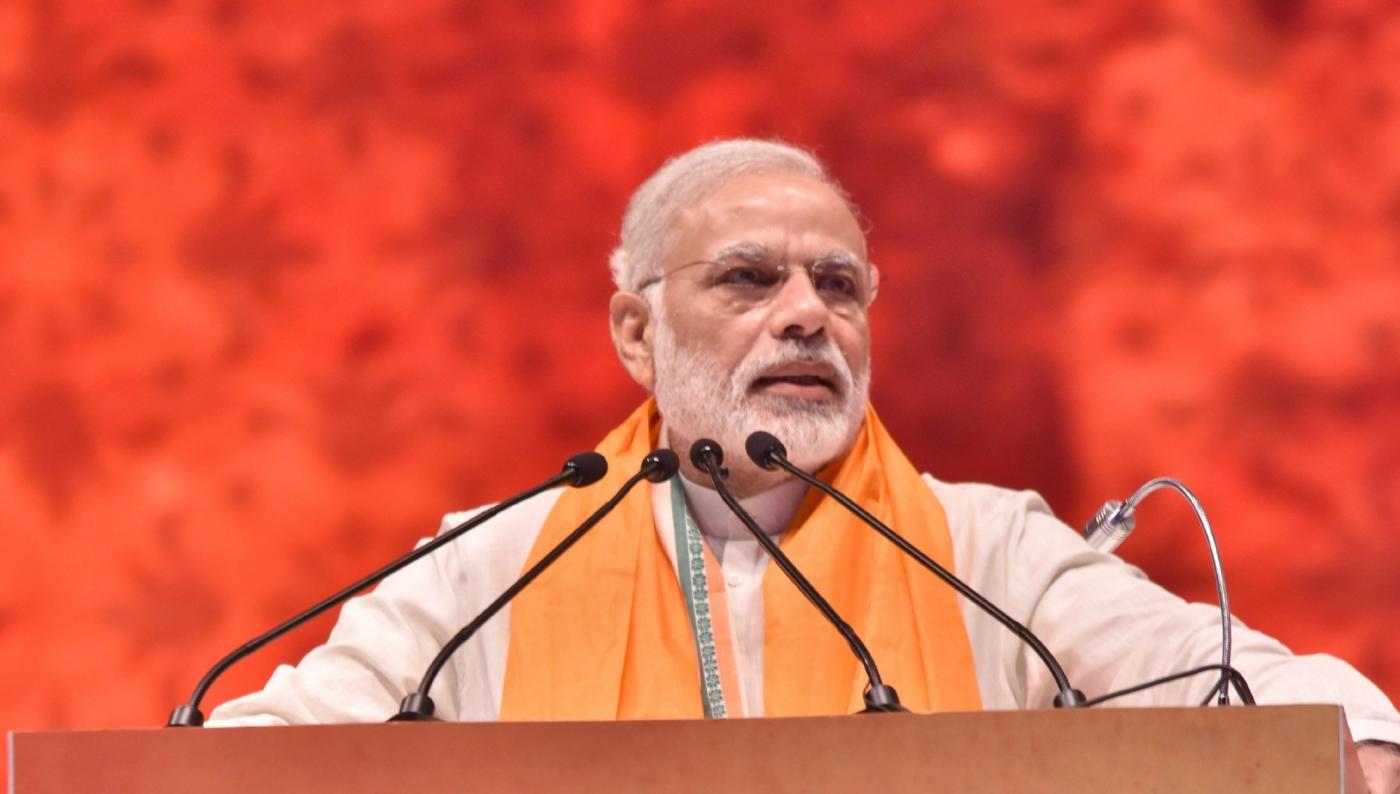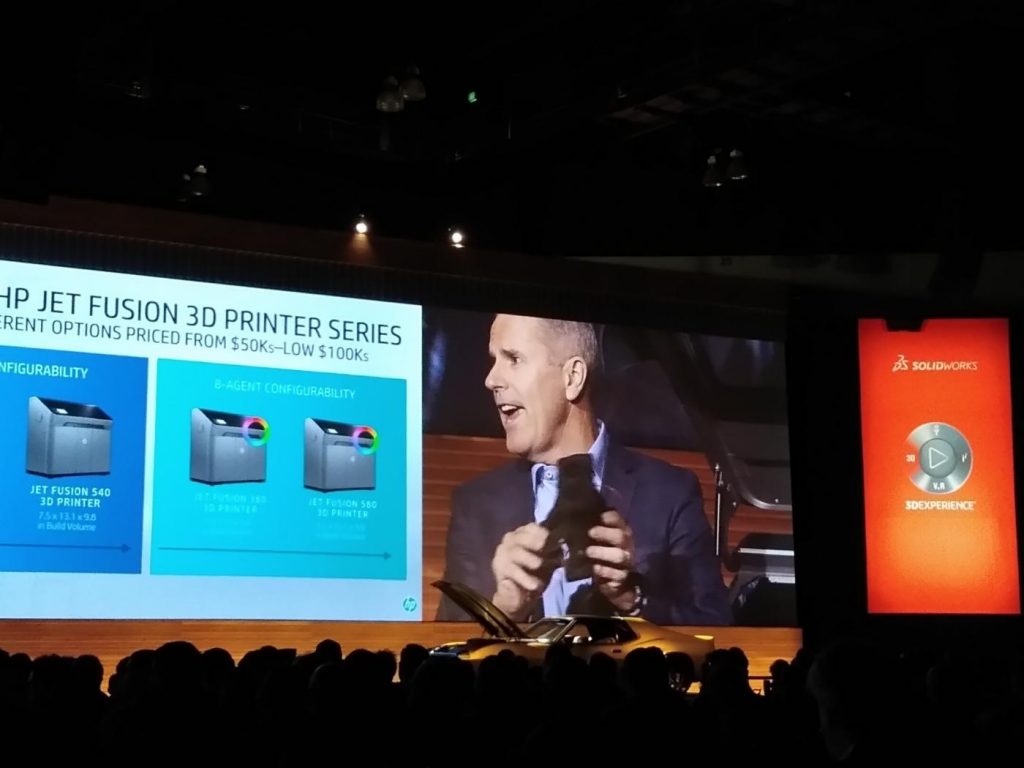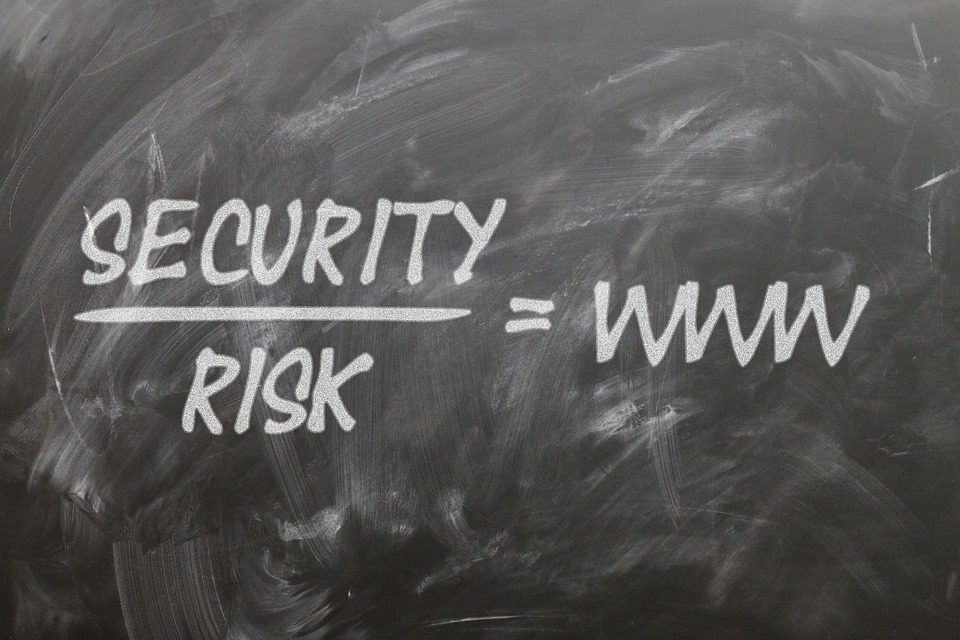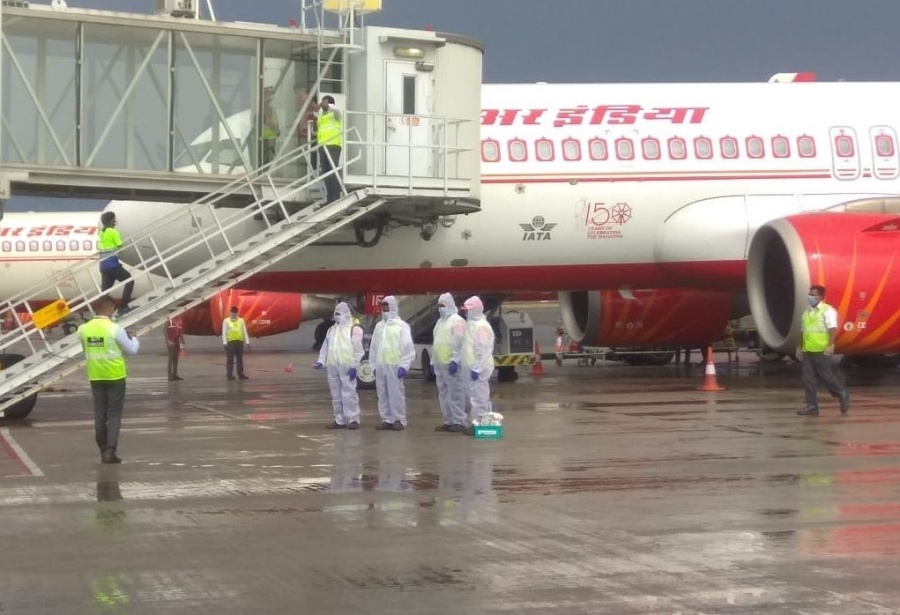Modi’s visit to UAE, Palestine and Oman of strategic importance … reports Asian Lite News.

Prime Minister Narendra Modi’s upcoming visit to Palestine, the UAE and Oman will be of strategic importance in terms of energy and security cooperation and counter-terrorism efforts, officials at New Delhi said on Monday.
“We are looking at this visit not only from the extended neighbourhood perspective but also from the maritime perspective,” External Affairs Ministry (MEA) spokesperson Raveesh Kumar said at a media briefing here.
Raveesh Kumar said that Modi’s visit is being undertaken as part of a larger exercise to fulfil the government’s domestic and international agenda.
“Our effort during this visit and also during earlier visits is to broadbase our engagement with these countries moving towards a more strategic sphere both on trade and investment as well as on defence and security,” he stated.
Giving details of the Palestine leg of the visit, B. Bala Bhaskar, Joint Secretary (West Asia and North Africa) in the MEA, said that Modi will visit Ramallah on February 10 and hold talks with the Palestinian leadership following a number of agreements will be signed.
This will be the fourth meeting between Modi and Palestine President Mahmoud Abbas and comes after the latter’s visit to India last year.
Stating that there are four dimensions to the visit to Palestine, Bhaskar said that this will be first ever prime ministerial visit from India to that country.
Secondly, India has contributed immensely to Palestine’s nation-building efforts, including infrastructure development and capacity building.
Bhaskar said that since the historic visit of then President Pranab Mukherjee to Palestine in 2015, work on projects worth $30 million has commenced.
This apart, the visit is also aimed at deepening the huge bilateral agenda, including cooperation in the areas of health, IT, tourism, youth affairs, sports and agriculture.
The fourth aspect, according to Bhaskar, is India’s continuous support to the Palestinian cause at various international fora. India had voted in the UN General Assembly in December last year against US President Donald Trump’s unilateral recognition of Jerusalem as the capital of Israel.
The visit will also de-hyphenate Israel and Palestine after Modi’s standalone visit to Israel in July last year.
Modi will reach Abu Dhabi in the United Arab Emirates (UAE), which is home to a huge Indian diaspora, on February 10 evening — his second visit after August 2015.
Mridul Kumar, Joint Secretary (Gulf), said Modi will hold talks with the Crown Prince on February 10 following which several agreements will be signed. The next day, he will meet members of the Indian community and lay the foundation stone of a temple via video link.
From Abu Dhabi, Modi will proceed to Dubai where he will deliver the keynote address at the Sixth World Government Summit.
He will also meet Vice President and Prime Minister of the UAE and Ruler of Dubai Sheikh Mohammed Bin Rashid Al Maktoum and some select CEOs of companies from Gulf countries.
India-UAE ties were elevated to that of a Comprehensive and Strategic Partnership during Modi’s visit in 2015.
Stating that the UAE is a key source of energy, Mridul Kumar said the relationship has gone beyond buyer-seller to that of energy security cooperation — UAE was the first contributor to the Indian Strategic Petroleum Reserve, an emergencey fuel store.
He also said that the UAE has done a lot in meeting India’s foreign direct investment (FDI) requirements.
“These include an investment of $500 million in low cost housing,” Mridul Kumar said. “They are also looking at ports, logistic centres and food parks.”
The UAE is also the first partner of India’s National Investment and Infrastructure Fund and invested $1 billion as the anchor investor.
From Dubai, Modi will reach Muscat on February 11 in what will be the first prime ministerial to that Gulf nation in 10 years since the visit of then Prime Minister Manmohan Singh in 2008.
Modi will hold talks with Oman’s Sultan Qaboos Bin Said Al Said and also meet a group of Omani CEOs.
Mridul Kumar said that Oman is a country of strategic importance for India and defence forces of the two country have held joint exercises.








